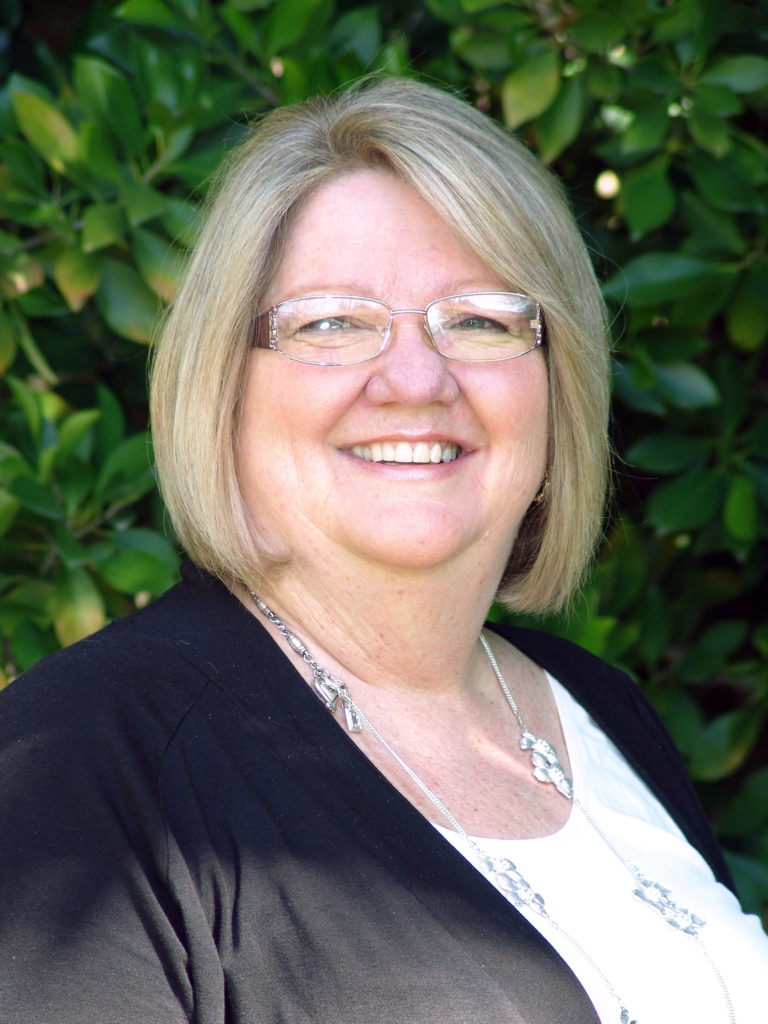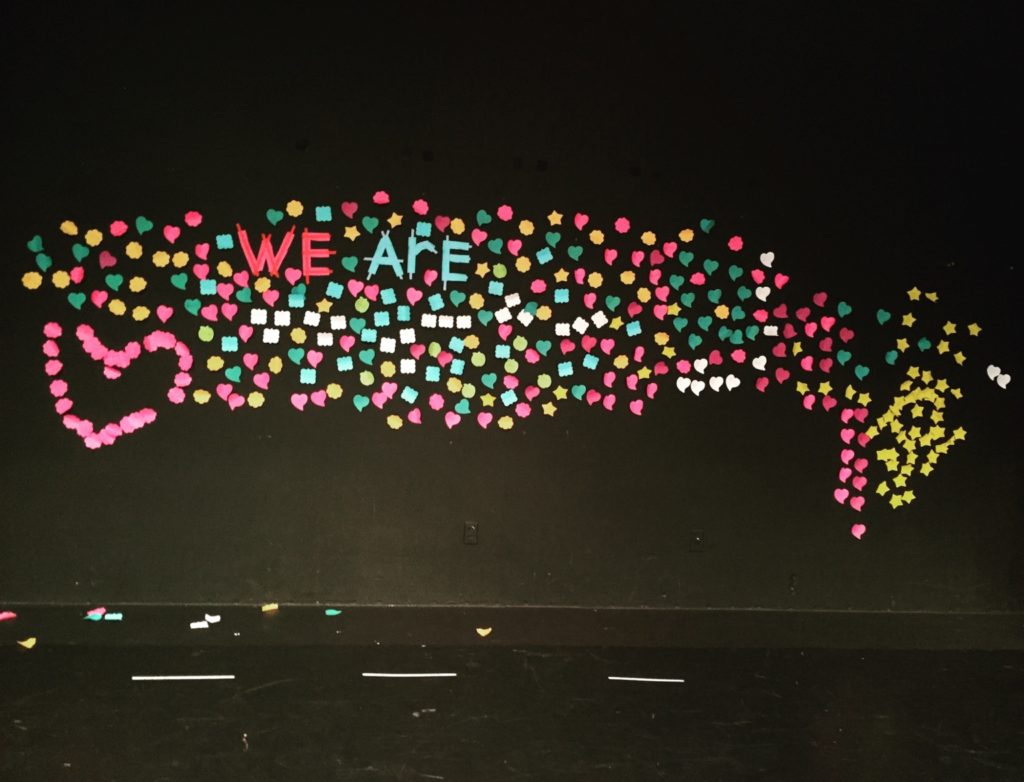December 3, 2019
By Michelle Gergen, Theology Teacher, Mayfield Senior School of the Holy Child Jesus

Holy Child Schools feel like home, and yet we are not meant to stay within the confines of our school gates, or we miss the joy of Cornelia Connelly’s grand exclamation on becoming…“I am a cosmopolitan. The whole world is my country and heaven is my home.”
Our students are called to be citizens of the world who know what it means to stand in solidarity with another and who understand the difficulty of acting with peace, justice and compassion—and do it anyway.
Holy Child Schools work for Christian principles of justice, peace and compassion in every facet of life.
Over the summer, collaborating faculty teams developed teaching models to enhance our understanding of what it means to work for justice, peace and compassion across the curriculum. One team led efforts to increase the service-learning opportunities for students, faculty and staff by crafting a Service-Infused Justice Curricula to Meet the “Wants of the Age.” In addition to the joy of service, sharing community with another who may be unlike us broadens our circle of kinship and compassion; moving us from “us and them” to “we.”
To augment these efforts, another team is mapping existing lesson plans across the curriculum that address discriminatory thinking and behavior so students can build “Muscle Memory for Justice.” As expected, departments, classes, clubs and committees already give attention to the call in Micah “To do justice, to love goodness and to walk humbly with your God” (NAB, Micah 6:8). The team wondered if adding scenarios or “micro lessons” to “practice virtue little by little” could strengthen a student’s resolve to act when faced with situations requiring such courage.
Just like anything we are good at, practice is required. We do not excel in the arts, athletics, academics without concerted effort. Working for justice is no different.
…we sometimes forget that in training and teaching children it is absolutely necessary to walk step by step, to teach line by line, to practice virtue little by little, in act after act, and only by such acts of virtue as are suited to the age and stage of moral and intellectual development of those we are guiding. (Cornelia Connelly, Book of Studies, 214)
This documenting of lessons that address issues of justice, peace and compassion will continue until we have surveyed every class, but initially, we started with the sophomore curriculum. For example, the Formation of Self class studied diversity and equity, implicit bias and the impact on others, while in Theology classes students examined implicit and cognitive bias in the context of original sin and an incarnational worldview, “the profound recognition of the presence of the divine in literally ‘every thing’ and ‘every one’ “ (Richard Rohr, OFM). This led to teacher collaboration and the design of a “What would you do?“ micro lesson using the Holy Child goals as benchmarks. Students will film and show scenarios where they advocate or stand as an ally for someone who faces discrimination.

Research says people are more likely to change their behavior and stand as an ally or advocate for another if they have imagined a scenario that challenges stereotypes and they practice what they can say and do. We cannot presume that young people will know what to do the first time they encounter injustice. Vividly imagining encounters that challenge our worldview, using reflective meditation in prayer and praxis strengthens the muscle of advocacy and solidarity.
And so, supporting the principles of justice, peace and compassion in these new ways, we pray our circle of kinship expands as we move closer to the margins to stand with our sisters and brothers—“step by step, line by line, and practice virtue little by little, in act after act” to the very center of where God’s love can be found.
This is Michelle Gergen’s 40th year in Catholic education and 10th year at Mayfield Senior School in Pasadena, where she currently teaches Theology. She continues to be delighted by the grace-filled spirits and enquiring, challenging minds of the young women she works with; they will surely change the world.


Comments are closed.